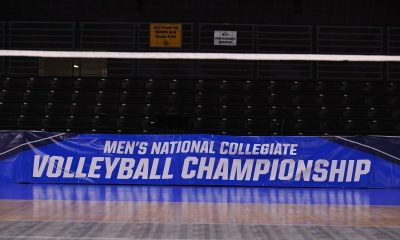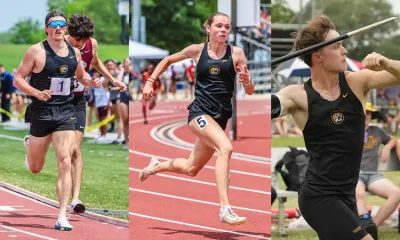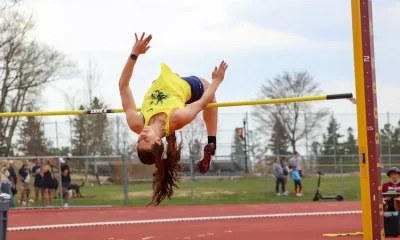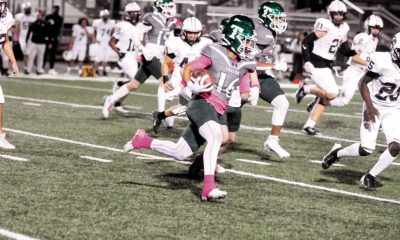SACRAMENTO, Calif. (AP) — California’s high school track-and-field state championships starting Friday are set to be the testing ground for…
SACRAMENTO, Calif. (AP) — California’s high school track-and-field state championships starting Friday are set to be the testing ground for a new participation and medaling policy for competitions that include transgender athletes.
The California Interscholastic Federation will let an additional student compete and potentially offer an extra medal in three events in which a trans athlete is competing. The athlete, high school junior AB Hernandez, is the second seed in the triple jump and will also participate in the long jump and high jump.
It may be the first effort by a high school sports governing body to expand participation when trans athletes are participating, and it reflects efforts to find a middle ground in the debate over trans girls’ participation in youth sports.
“The CIF values all of our student-athletes and we will continue to uphold our mission of providing students with the opportunity to belong, connect, and compete while complying with California law,” the group said in a statement after announcing its rule change.
State law allows trans students to compete on sex-segregated sports teams consistent with their gender identity.
President Donald Trump threatened this week to pull federal funding from California unless it bars trans female athletes from competing on girls teams. The U.S. Department of Justice also said it would investigate the state federation and the district that includes Hernandez’s high school to determine whether they violated federal sex discrimination law by allowing trans girls to compete in girls sports.
What the new participation and medaling policy will look like
The meet, which is taking place at a high school near Fresno, will open up the girls triple jump, long jump and high jump to one additional athlete each who would have qualified had Hernandez not participated. Hernandez will compete in the preliminaries Friday for a chance to advance to the finals Saturday.
Under the pilot policy, if a transgender athlete medals, their ranking would not displace a “biological female” student from medaling, the federation said.
The federation said the rule would open the field to more “biological female” athletes. One expert said the change may itself be discriminatory because it creates an extra spot for “biological female” athletes but not for other trans athletes.
The federation did not specify how they define “biological female” or how they would verify whether a competitor meets that definition.
Medical experts say gender is a spectrum, not a binary structure consisting of only males and females.
The two-day meet is expected to draw attention from a coalition of protesting parents and students. Critics have objected Hernandez’s participation and heckled her in qualifying events earlier this month. Leaders from the conservative California Family Council joined Republican state lawmakers Thursday for a press conference blasting the policy change and saying Hernandez shouldn’t be allowed to compete.
“If they have to create special exceptions and backdoor rule changes to placate frustrated athletes, that’s not equality, that’s a confession,” Sophia Lorey, the council’s outreach director, said in a statement. “Girls’ sports should be for girls, full stop.”
CIF Executive Director Ron Nocetti urged participants and bystanders to behave respectfully toward all student-athletes in a message shared in the championship program.
Nationwide debate over trans athletes’ participation
A recent AP-NORC poll found that about 7 in 10 U.S. adults think transgender female athletes should not be allowed to participate in girls and women’s sports at the high school, college or professional level. That view was shared by about 9 in 10 Republicans and roughly half of Democrats. Trump won Fresno County, where the meet will be held, in 2024.
Hernandez told the publication Capital & Main earlier this month that she couldn’t worry about critics.
“I’m still a child, you’re an adult, and for you to act like a child shows how you are as a person,” she said.
She noted that she has lost some of her events, saying that disproved arguments that she can’t be beat.
Hernandez is expected to perform well, particularly in the triple jump, in which she has a personal best of over 41 feet (12.5 meters). That is more than 3 feet (1 meter) short of a national record set in 2019. She’s the fifth seed in the long jump but ranked much lower in the high jump.
California’s state championship stands out from that of other states because of the number of competitors athletes are up against to qualify.
More than 57,000 high schoolers participated in outdoor track and field in California during the 2023-2024 school year, according to a survey by the National Federation of State High School Associations. California had the second-largest number of high school outdoor track-and-field athletes, only behind Texas.
Of the 12 high school athletes who have set national records in the girls triple jump between 1984 and 2019, eight have been from California, according to the national sports governing body.
Davis Whitfield, the national federation’s chief operating officer, called a state championship “the pinnacle” for high school student-athletes.
“It’s certainly a once-in-a-lifetime experience in some cases to participate in a state championship event,” he said.
___
Austin is a corps member for The Associated Press/Report for America Statehouse News Initiative. Report for America is a nonprofit national service program that places journalists in local newsrooms to report on undercovered issues. Follow Austin on X: @sophieadanna
Copyright
© 2025 The Associated Press. All rights reserved. This material may not be published, broadcast, written or redistributed.
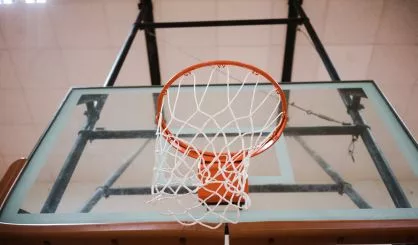

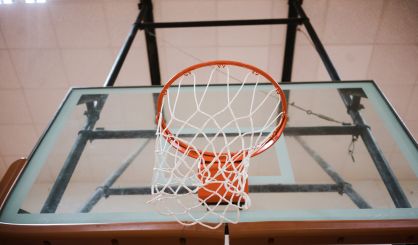

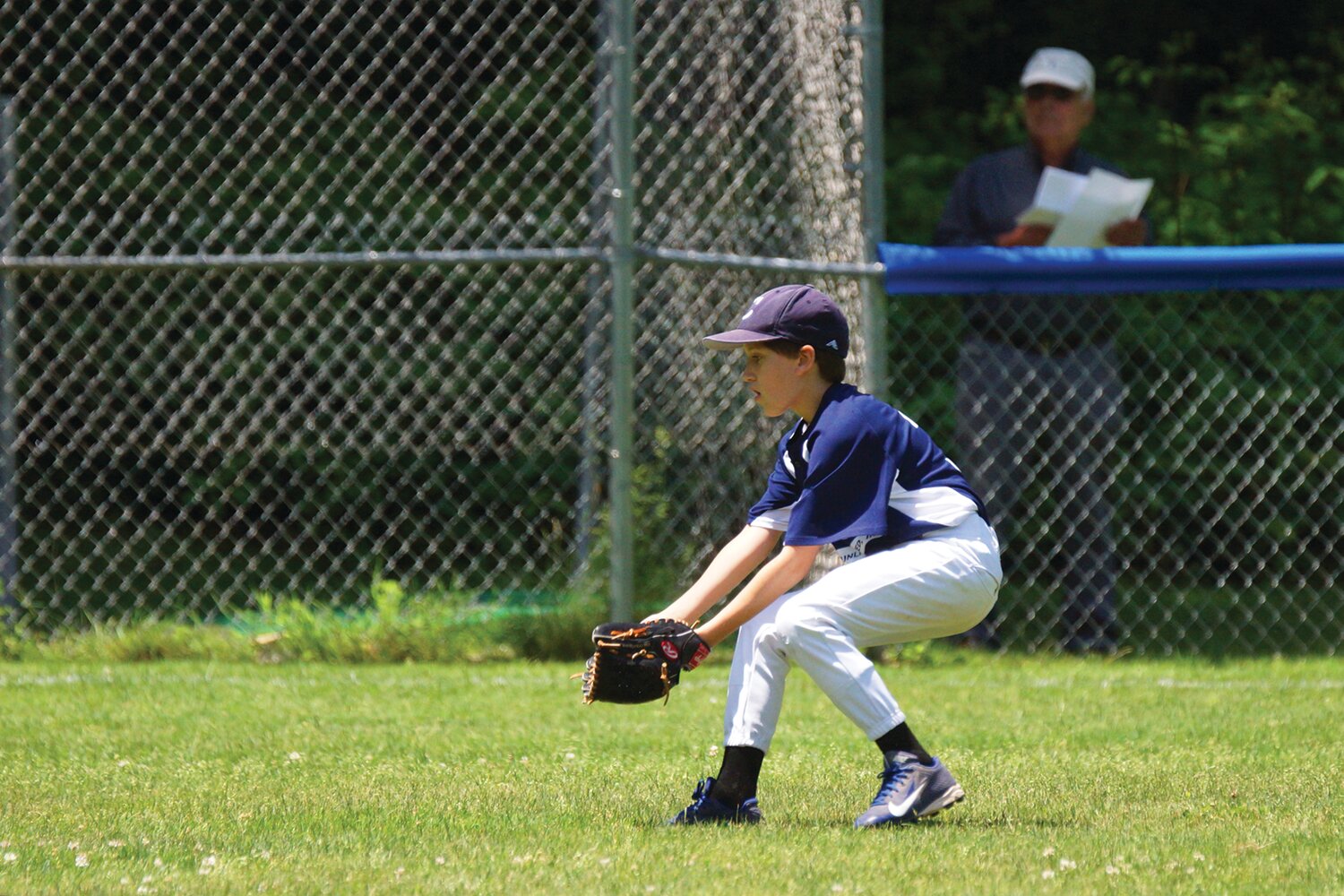
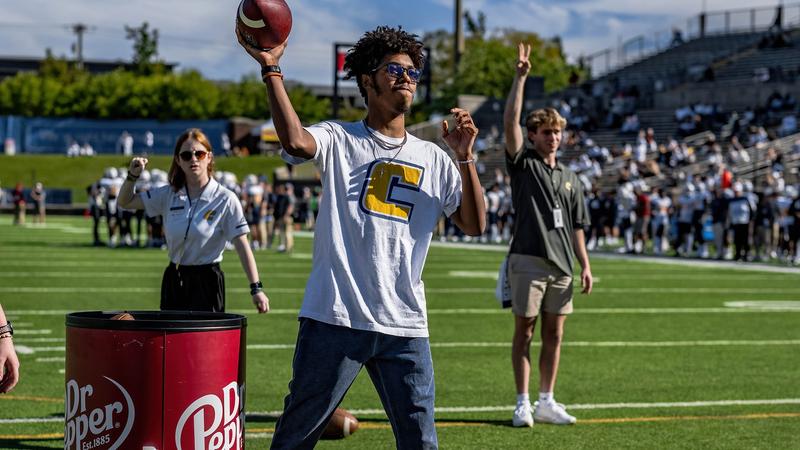
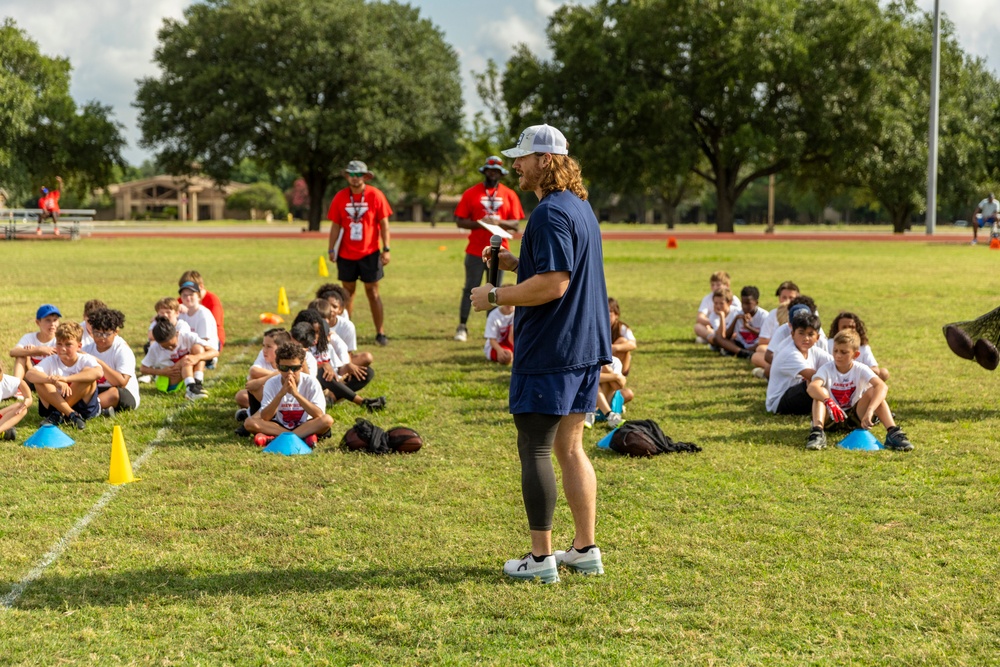

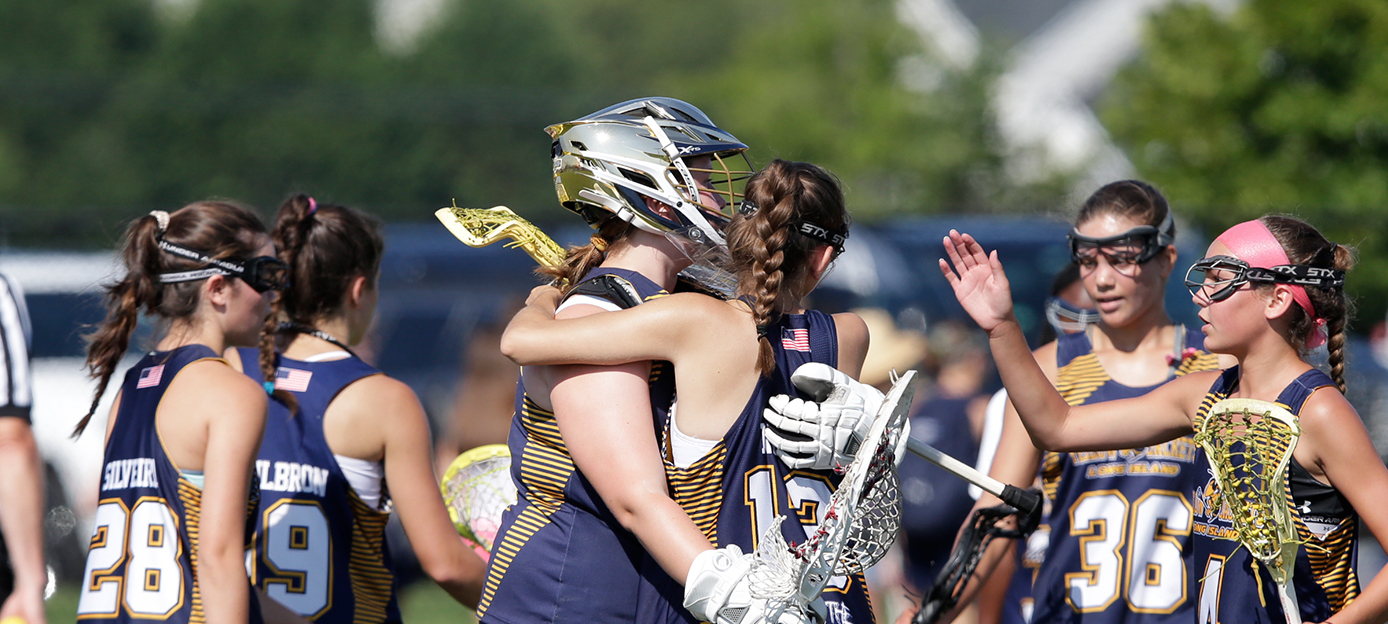
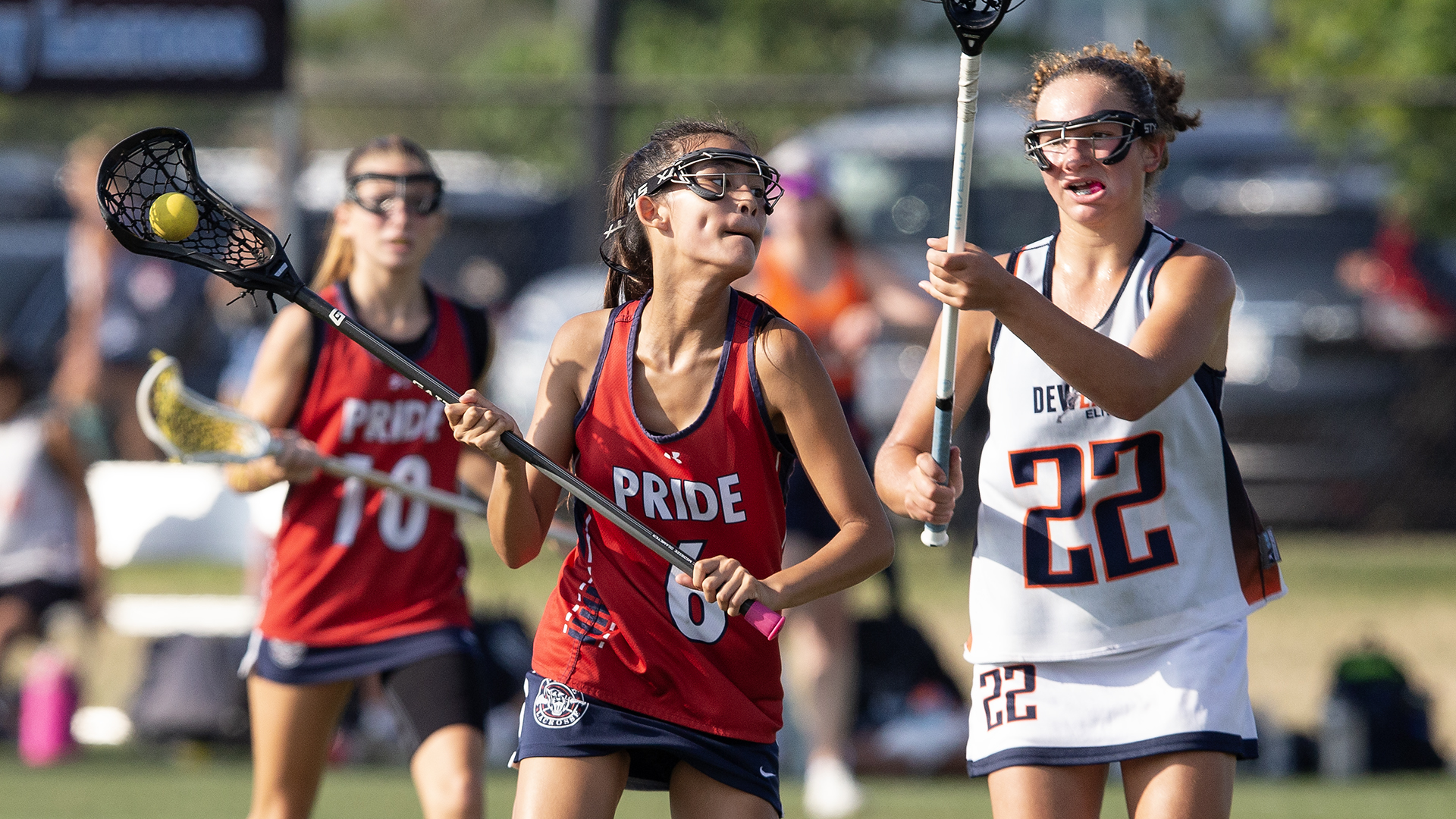
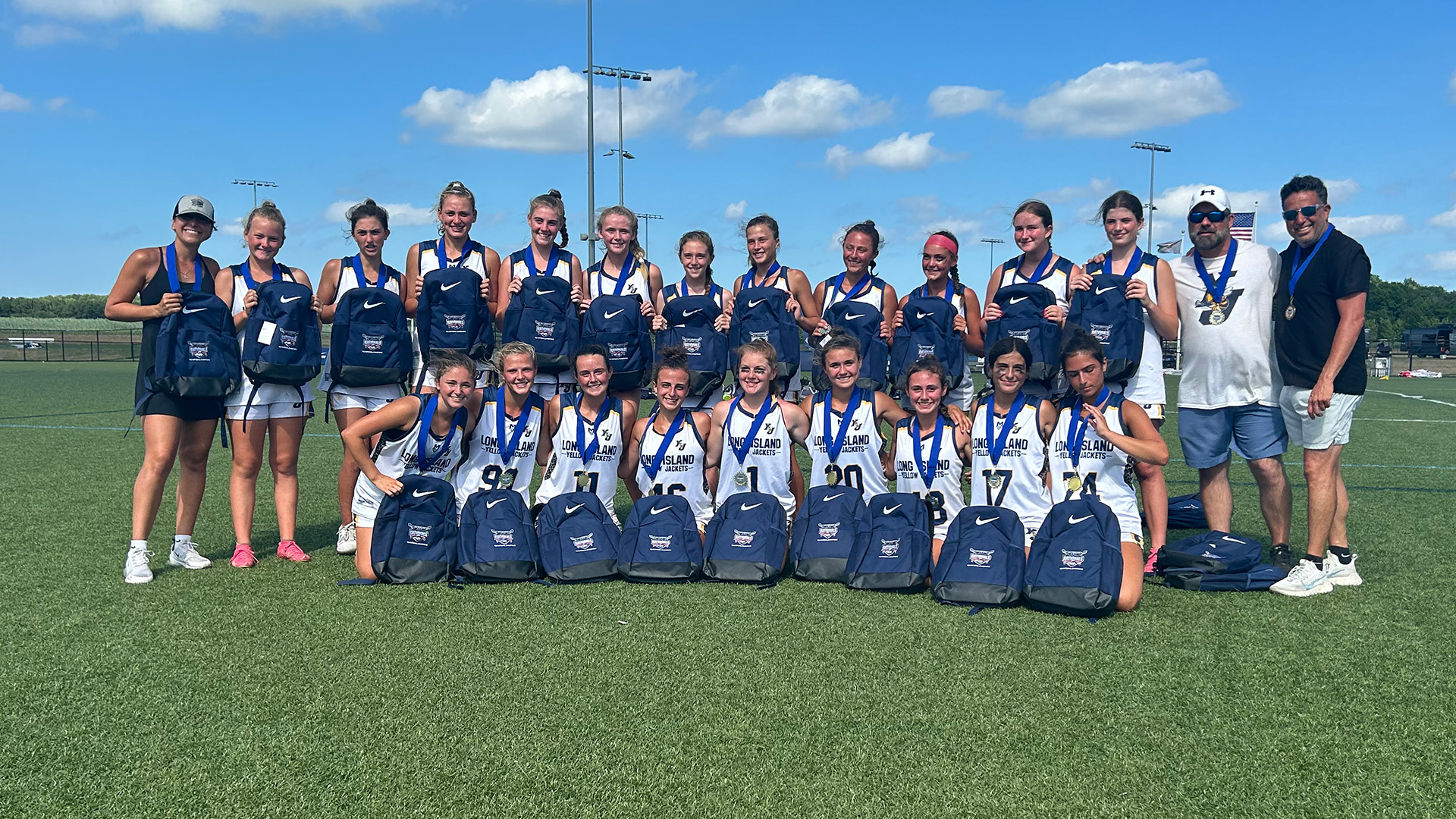
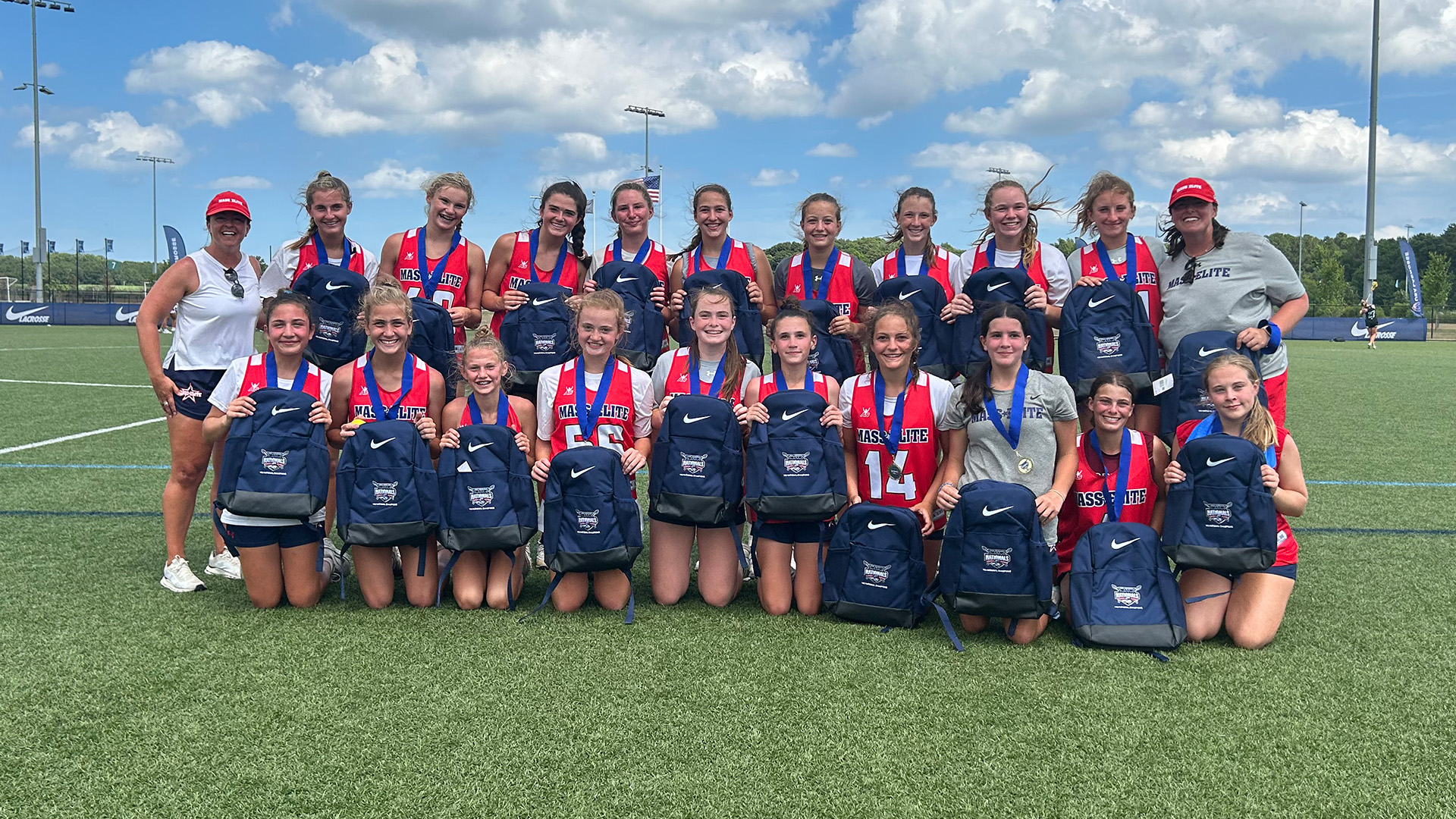
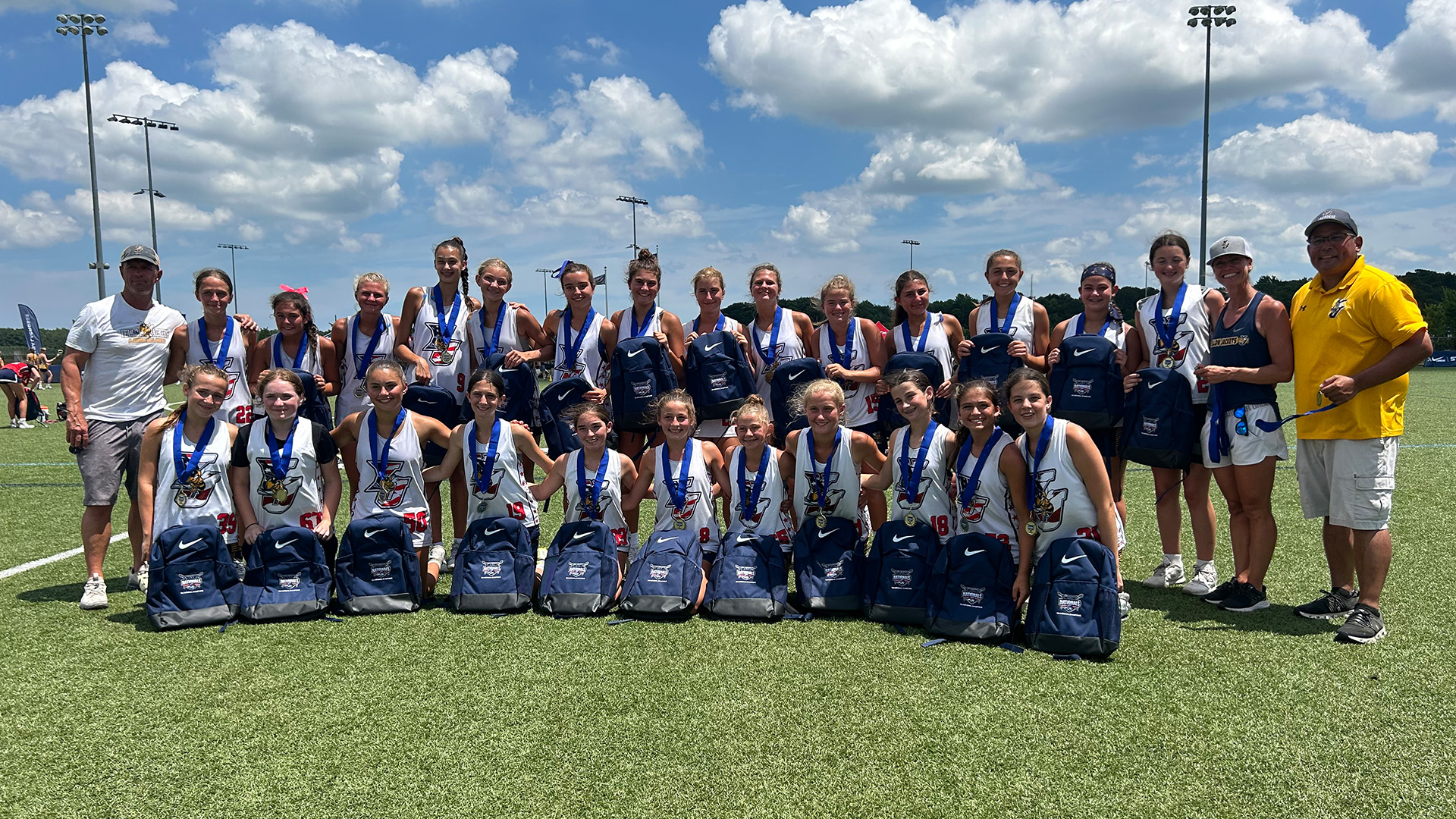

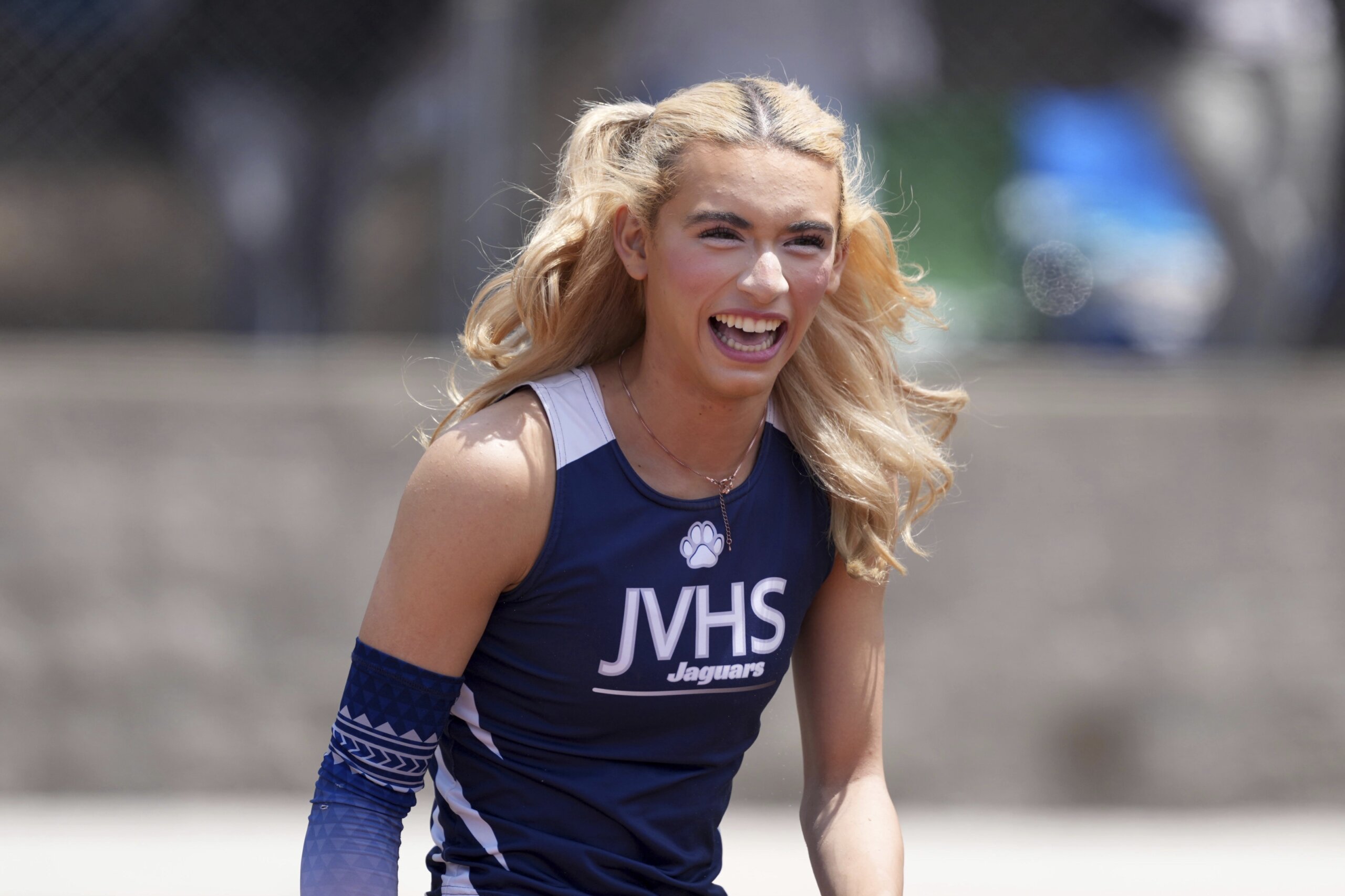













 | NBA on ESPN
| NBA on ESPN






















